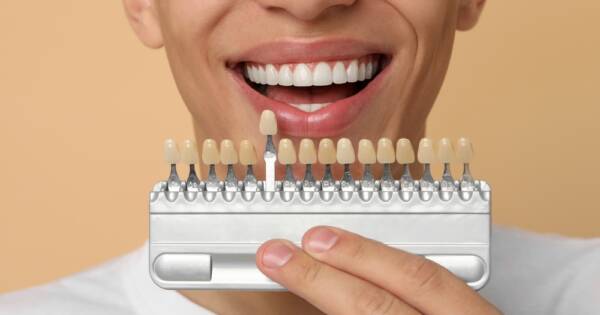Are migraines ruining your day again? You’re not alone, and relief may be closer than you think. Discover easy-to-follow treatments that real people swear by to ease the pain and get back to living. From natural remedies to doctor-recommended therapies, simple solutions can make a big difference. No complicated routines, just real help that works. Are you ready to kick migraines to the curb and take back control?
Understanding Migraines: More Than Just a Headache
Migraines are not like regular headaches. They come with throbbing pain, nausea, sensitivity to light, and sometimes even vision problems. These attacks can last for hours or even days, making it difficult to focus on work, family, or daily tasks. While the exact cause of migraines is still being studied, experts believe genetics, stress, diet, and environmental triggers play a major role.
Identifying your migraine triggers is key to managing them. Common triggers include certain foods, lack of sleep, dehydration, and hormonal changes. Keeping a headache diary can help track patterns and reveal what might be causing your migraines. Once you know the triggers, avoiding them can reduce the frequency and severity of attacks.
Medication: Finding the Right Relief
For many migraine sufferers, medication is the first line of defense. Over-the-counter pain relievers, such as ibuprofen or acetaminophen, can help mild cases. However, stronger prescription drugs are often needed for severe migraines.
Triptans are a common prescription option that works by narrowing blood vessels and blocking pain signals. Some people respond well to triptans, while others may need alternative treatments like gepants or ditans, which target different migraine pathways. Preventative medications, such as beta-blockers or antidepressants, are also available for those experiencing frequent migraines.
It is important to consult a doctor before starting any medication. Not every drug works for everyone, and some can have side effects. A healthcare provider can help determine the best treatment plan based on medical history and migraine severity.
Natural Remedies: Simple Ways to Reduce Pain
Many people turn to natural treatments alongside medication for additional relief. One of the most effective methods is staying hydrated. Dehydration can trigger migraines, so drinking enough water throughout the day is essential. Some find that adding electrolytes helps restore balance and prevent headaches.
Essential oils, such as peppermint or lavender, have also shown promise. Applying diluted peppermint oil to the temples or inhaling lavender oil may help reduce headache intensity. Similarly, cold or warm compresses placed on the forehead can ease pain and tension.
Another popular remedy is magnesium. Studies suggest that people with migraines may have lower magnesium levels. Taking a magnesium supplement or eating magnesium-rich foods, such as spinach, nuts, and whole grains, could reduce the frequency of attacks.
Lifestyle Changes: Preventing Migraines Before They Start
Making a few adjustments to your daily routine can have a big impact on migraine prevention. One of the most important changes is improving sleep habits. Irregular sleep patterns can trigger migraines, so maintaining a consistent bedtime and wake-up time can help.
Stress is another major trigger. Practicing relaxation techniques, such as deep breathing, meditation, or yoga, can reduce migraine frequency. Regular exercise, like walking or swimming, may also help by improving blood circulation and reducing tension.
Diet plays a crucial role as well. Certain foods, including processed meats, aged cheeses, and artificial sweeteners, have been linked to migraines. Keeping a food journal can help identify problem foods and eliminate them from your diet. Instead, focus on fresh, whole foods that support overall health.
Advanced Treatments: When Nothing Else Works
For those with chronic migraines, more advanced treatments may be necessary. One option is Botox injections, which have been approved by the FDA for migraine prevention. These injections help relax muscles and block pain signals, reducing the number of headache days per month.
Nerve stimulation therapy is another alternative. Devices like Cefaly and gammaCore use mild electrical pulses to stimulate nerves involved in migraine pain. Some people find these treatments effective when medications fail or cause unwanted side effects.
In severe cases, a doctor may recommend monoclonal antibody treatments. These newer drugs target specific proteins in the brain linked to migraines and have shown promising results in reducing attack frequency.
Taking Control: A Migraine-Free Future
Migraines can be frustrating and exhausting, but the right combination of treatments can make a big difference. Whether through medication, natural remedies, or lifestyle changes, finding what works best takes time and patience. The key is consistency and working closely with a doctor to develop a personalized plan.
By staying informed and proactive, you can take control of your migraines and enjoy a better quality of life. Relief is possible, and with the right approach, fewer migraine days could be in your future.





